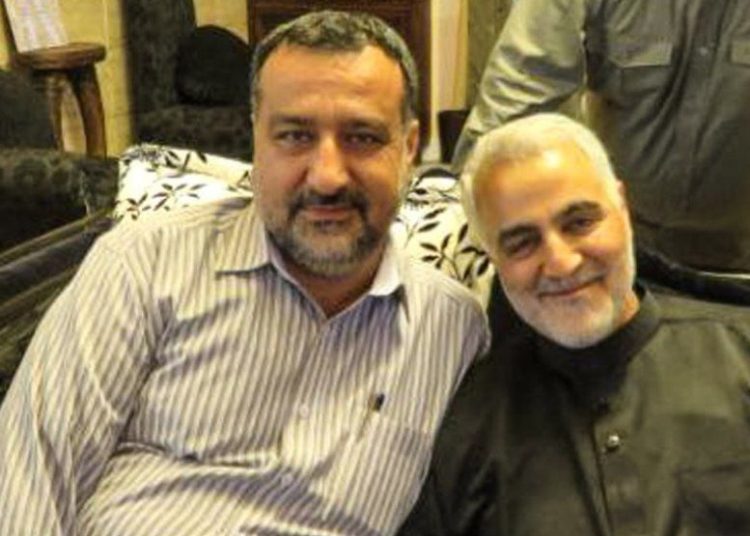The targeted killing of Seyyed Razi Mousavi, a senior military advisor and commander of the Islamic Revolutionary Guard Corps (IRGC) in Syria, by Israel amidst the Gaza war, has garnered significant attention from regional and international media.
This assassination, coinciding with the focus on the battlefield conditions of the Gaza war and the tensions in the Red Sea, signifies the multifaceted objectives of its orchestrators in Tel Aviv, the most salient of which are:
- Diverting Attention from the Gaza War: Nearly three months have elapsed since the onset of the Gaza war. Despite bearing substantial political and military costs and witnessing unprecedented carnage in Gaza, Israel has yet to achieve any of its stated objectives. The continuation of the war under these circumstances would exponentially increase Israel’s political, military, and strategic costs. Consequently, Tel Aviv is fervently striving to diminish the focus on Israel’s predicament in the Gaza war.
- Effort to Restore Israel’s Lost Deterrence Post the Al-Aqsa Flood Operation: According to military experts, the Al-Aqsa Flood operation has severely undermined the bedrock of Israel’s deterrence strategy to such an extent that the conclusion of the Gaza war is not expected to be accompanied by the attainment of Israel’s declared objectives. Many observers deem Israel’s goals in Gaza as unattainable. One of Israel’s most significant challenges post this operation is the creation of a deterrent shield that imposes heavier costs on Tel Aviv. Hence, these moves by Israel are assessed as a show of regained deterrence power and achievements in limited areas outside of Gaza.
- Attempt to Incite Iran into Reactive Action and Regional Conflict: Since the commencement of the Gaza war, Israel has made strenuous efforts to associate Iran with the Al-Aqsa Flood operation. However, due to Iran’s stance at various levels, Tel Aviv has failed in this endeavor. Therefore, the assassination of Seyyed Razi is perceived as another measure to implicate Iran in the ongoing Gaza war. Notably, the news coverage and analysis of Seyyed Razi Mousavi’s assassination were considerable. The timing of this assassination, on the eve of the anniversary for the late Quds Force commander Qassem Soleimani, and the emphasis on its news was an attempt to draw parallels with the American action.
Simultaneously, resistance groups from across the region issued separate statements lauding Seyyed Razi Mousavi and denouncing Israel. The significance of Seyyed Razi’s assassination lies in his extensive tenure as an official of the Quds Force and his service on the resistance front in the Levant, which positioned him as one of the connectors between the different groups of the resistance front in the region.
Presumably, one of Israel’s calculations is that Iran’s potential response to the assassination of its military commander could once again escalate American support for Israel by altering the war’s atmosphere.
With the prolongation of the Gaza war and the escalation of political and international pressure not only on Israel but also on the US, and the tarnishing of Washington’s image as a proponent of human rights globally, Netanyahu is apprehensive about potential friction between Tel Aviv and Washington.
Certainly, another conjecture concerning Israel’s strategic considerations pertaining to the assassination of Seyyed Razi posits that Tel Aviv anticipated Iran’s abstention from retaliating against the killing of its senior commander, owing to its reluctance to escalate the regional war climate. Consequently, numerous Iranian officials, in response, underscored that Iran’s counteraction would be resolute, deliberate, and unexpected.






